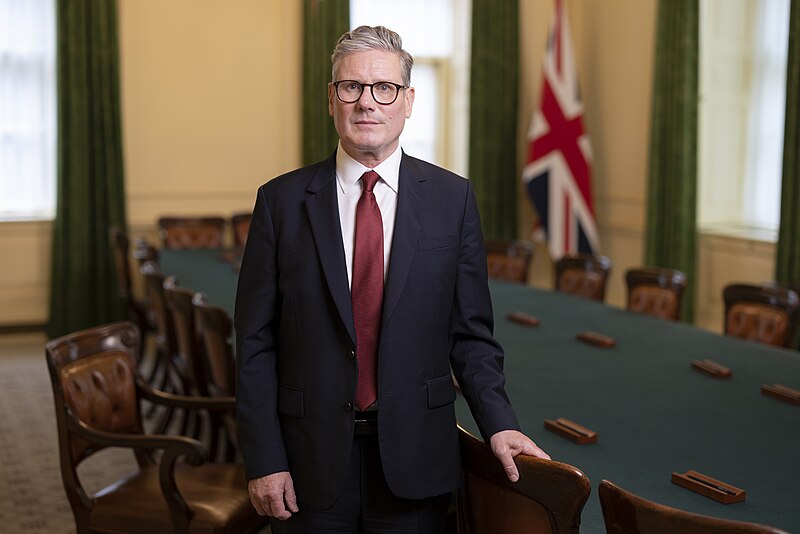
At Labour’s annual conference in Liverpool, Prime Minister Keir Starmer delivered a blunt message to his party: stop the infighting and get behind the government, because Nigel Farage’s
Reform UK is now the biggest threat on the horizon.
Starmer warned colleagues that Labour is facing the “fight of our lives” as Reform UK continues to top opinion polls. He urged his MPs and party members to stop “navel-gazing” and instead show voters a united front, insisting that Farage’s movement is driven by “racist policy” that Labour must resist.
Immigration remains at the heart of the political storm. More than 30,000 people have crossed the Channel in small boats so far this year, fueling public frustration and leaving Starmer’s government struggling to show progress. Despite coordinated efforts with France and other countries, people-smuggling operations continue almost unchecked.
Starmer’s first year in power, after ending 14 years of Conservative rule in 2024, has been anything but smooth. Inflation is still high, the economy sluggish, and voters increasingly frustrated with the pace of change. Public services remain under strain, and many families are still feeling the pinch of the cost-of-living crisis.
The turbulence hasn’t just come from outside. Starmer has lost key allies, including Deputy Prime Minister Angela Rayner, who resigned over a tax error, and Ambassador Peter Mandelson, dismissed after reports about his past ties to Jeffrey Epstein. Several senior staff have also walked away, adding to the sense of instability.
Inside Labour, tensions are growing. Andy Burnham, the high-profile mayor of Manchester, has hinted at a possible leadership challenge, saying Labour needs a “radical” new plan. While Burnham isn’t in Parliament and downplays the idea of taking over, the mere talk of succession underscores Labour’s nervous mood.
Starmer, for his part, is trying to project calm. He’s dismissing speculation about leadership troubles and pointing to what he sees as early achievements. But with Reform UK rising, local elections looming in May, and a bleak autumn budget that may force tax rises or spending cuts, the pressure on him is only intensifying.
As politics professor Tim Bale put it: voters may already be “disillusioned,” but Starmer’s best option, at least for now, might be the old mantra — keep calm and carry on. Photo by Prime Minister’s Office, Wikimedia commons.




































